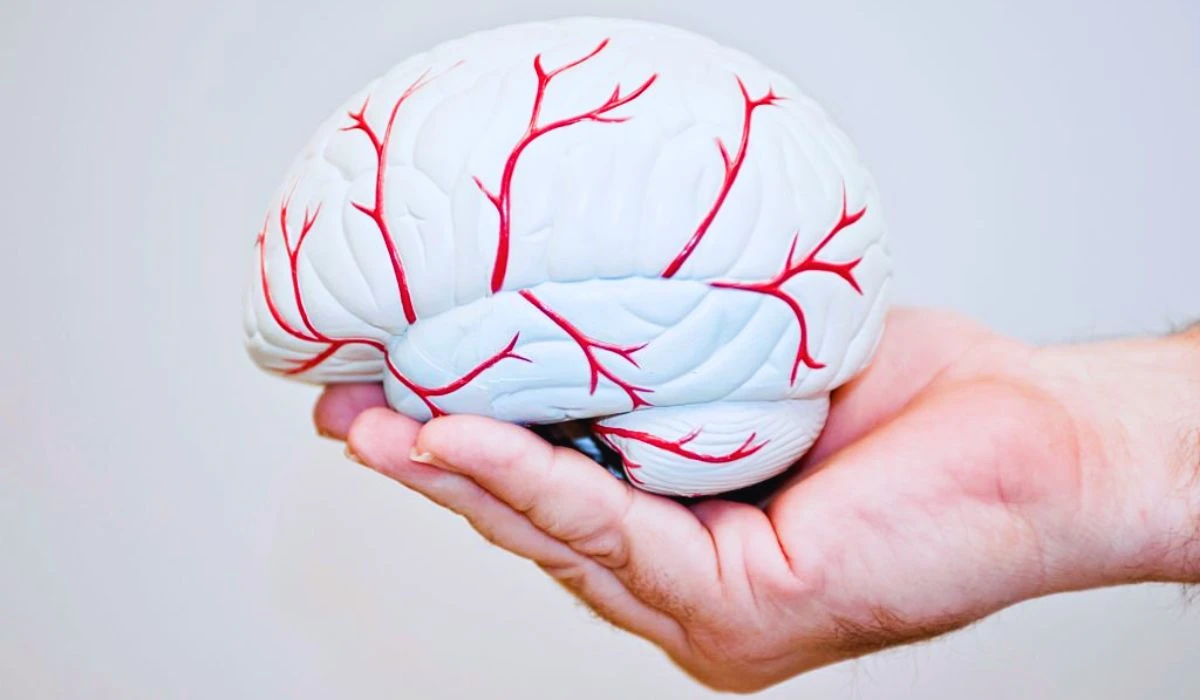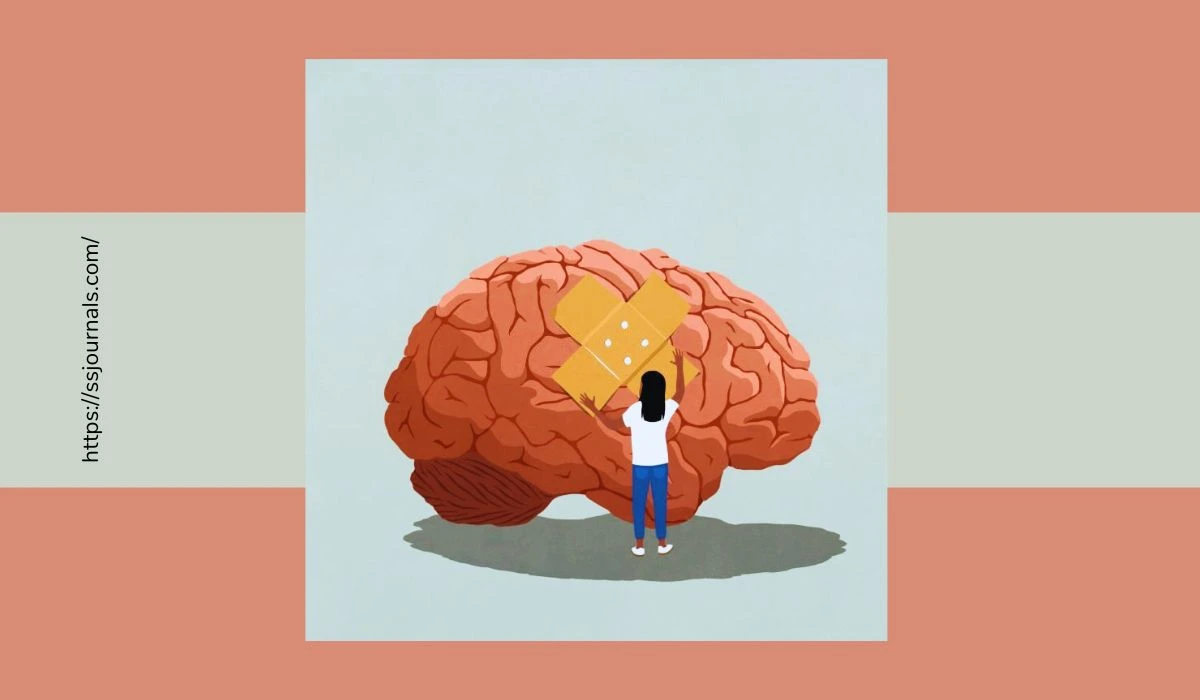Did you know that the human brain is incredible? People often think, can brain cells regenerate after a stroke? Let’s explore.
When a stroke happens, the blood supply to the brain is blocked. This leads to damage in some areas. This causes physical and mental troubles.
Can brain cells regrow? Studies say there is natural regrowth of neurons, but not enough to repair the damage. However, scientists are testing strategies to increase the growth of new nerve cells and connections.
The research is still early and more studies are needed. But, there is potential to stimulate brain cell regrowth.
Stroke And Brain Cells
Is it possible for brain cells to regenerate after a stroke? The answer is both yes and no. When a stroke interrupts the blood supply to the brain, some cells may die off completely and cannot be regenerated due to the brain’s limited regenerative capabilities compared to other organs.

But there is hope! Neurogenesis, which is the formation of new nerve cells in the brain, can happen in certain regions like the hippocampus. It seems that stroke-induced damage can trigger neurogenesis in these areas, leading to some degree of recovery.
The Regeneration Process
The regeneration process following a stroke is a complex and captivating thing. When brain cells don’t get enough oxygen, the brain goes into protection mode. It activates various systems to repair itself – this is called neuroplasticity.
Healthy brain cells nearby take on new roles to make up for the lost functions of the damaged cells. This adaptable plasticity lets people gradually get back certain abilities.
Research has shown that a few things can alter regeneration. Age is a factor – young people have more potential for recovery than older adults. The seriousness and location of the stroke also affect the process.
Steps To Promote Brain Cell Regeneration After A Stroke
Start with Physical Exercise! With the guidance of a healthcare pro, exercising can encourage brain cell regrowth by increasing circulation and releasing growth hormones.
Engage in Cognitive Stimulation! Puzzles, reading, or learning a new skill are great for forming new connections between brain cells and promoting regeneration.
Eat a Balanced Diet! Eating fruits, veggies, grains, and proteins will give the brain the nutrients it needs to be healthy and help cell regeneration.
Get Quality Sleep! Sleep is vital for repairing and restoring brain cells, and can help recovery after a stroke.
Control Stress Levels! Too much stress can prevent brain cell regrowth, so try meditating, deep breathing, or hobbies to reduce stress.
Seek Rehabilitation Services! Structured rehabilitation programs, such as physical, occupational, and speech therapy, can assist in brain cell regeneration.
Finally, have regular check-ups with a stroke recovery specialist to monitor progress and adjust the treatment plan, if needed. With these steps, you can provide your brain with the best conditions for cell regeneration post-stroke.
Recovery And Rehabilitation Strategies
Physical Rehabilitation: Key for stroke survivors to gain strength, coordination, and mobility. Therapists use exercises and activities to improve balance, gait, and fine motor skills.
Speech and Language Therapy: Aimed at improving clarity, comprehension, and expressive language of individuals facing communication issues post-stroke.
Cognitive Rehabilitation: To train memory, attention, and problem-solving skills, cognitive rehabilitation helps with mental processing abilities.
Psychological Support: Mental health professionals provide counseling and support to manage feelings of anxiety, depression, or frustration due to stroke.
Innovative methods like virtual reality-based therapies too have been successful in helping with stroke recovery. These technologies create virtual surroundings to engage in interactive exercises for motor recovery.
Early intervention and a personalized rehabilitation plan are important for stroke recovery. By engaging in rehab programs and strategies, individuals can increase their chances of regaining independence and bettering quality of life.
Be proactive in seeking rehabilitation opportunities for greater recovery. Embrace these strategies for possibilities of rebuilding what was lost. Every step taken brings new hope.
Conclusion
Exploring this topic revealed that brain cells do regenerate after a stroke. But, the process is complex. It depends on two things: the type of cells and the extent of damage.
Neurons, which send signals in the brain, don’t regrow much. Glial cells, which give support and insulation, can replace damaged cells more easily.
The amount of cell loss also matters. If the stroke is mild, there may be less cell loss, which means more regeneration. Severe strokes, with much cell death, make it harder for cells to regenerate.
Before, it was thought that dead brain cells could not be replaced. But, studies showed neurogenesis (the production of new neurons) in some parts of the adult brain. This changed our ideas about brain plasticity and gave us hope for treatments to help with cell regrowth after a stroke. Now, treatments are limited but ongoing research continues in this field.

